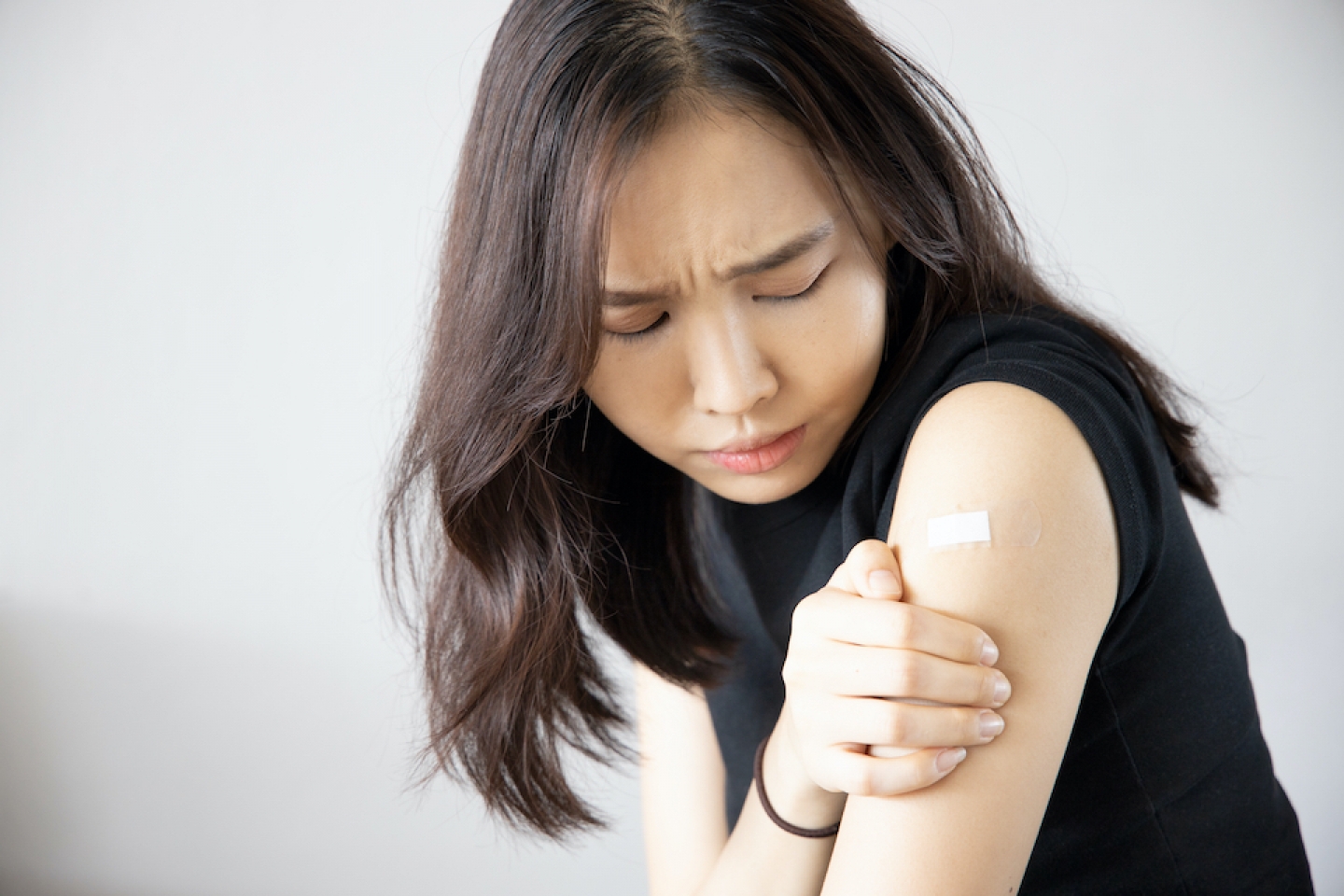
Your first dose of the COVID-19 vaccine may leave you with a sore arm, mild headache, or fatigue. Don’t be surprised, however, if your second dose hits you harder with side effects that make you want to sleep or simply stay in bed all day.
Is this normal? Yes.
This second round of side effects, which may include fever, chills, body aches, headaches, or fatigue mean that the vaccine is doing its job: priming your body’s immune system to build protection against the coronavirus. These side effects may be more intense than those you experienced after the first dose because your immune system now recognizes the virus spike protein and is responding as it should, by mounting a stronger defense than it did the first time.
Although these side effects may affect your ability to work or do other daily activities, they should go away completely in a few days. Meanwhile, here’s guidance from the Centers for Disease Control (CDC) on what can you do to ease the discomfort:
To reduce any pain, redness, or swelling where you got jabbed, apply a clean, cool, wet washcloth over the area. If possible, use or exercise your arm.
To reduce discomfort from fever, headache, or muscle pain, drink plenty of fluids and wear lightweight clothing.
To reduce fatigue, sleep or rest as much as possible.
Ask your doctor about taking an over-the-counter anti-inflammatory medicine, such as ibuprofen (Advil), acetaminophen (Tylenol) aspirin, or antihistamines (Benadryl) to ease any pain and discomfort. Taking these medications to relieve post-vaccination side effects is generally safe, providing you have no other medical reasons for not taking them.
It’s best not to take these medications in advance (prior to vaccination), says Roy M. Gulick, MD, Rochelle Belfer Professor in Medicine, Chief, Division of Infectious Diseases, because of concern that they could blunt the immune response to the vaccine. In nearly all cases, side effects will dissipate completely within a few days. If they don’t, or if they worsen, then contact your doctor or healthcare provider.